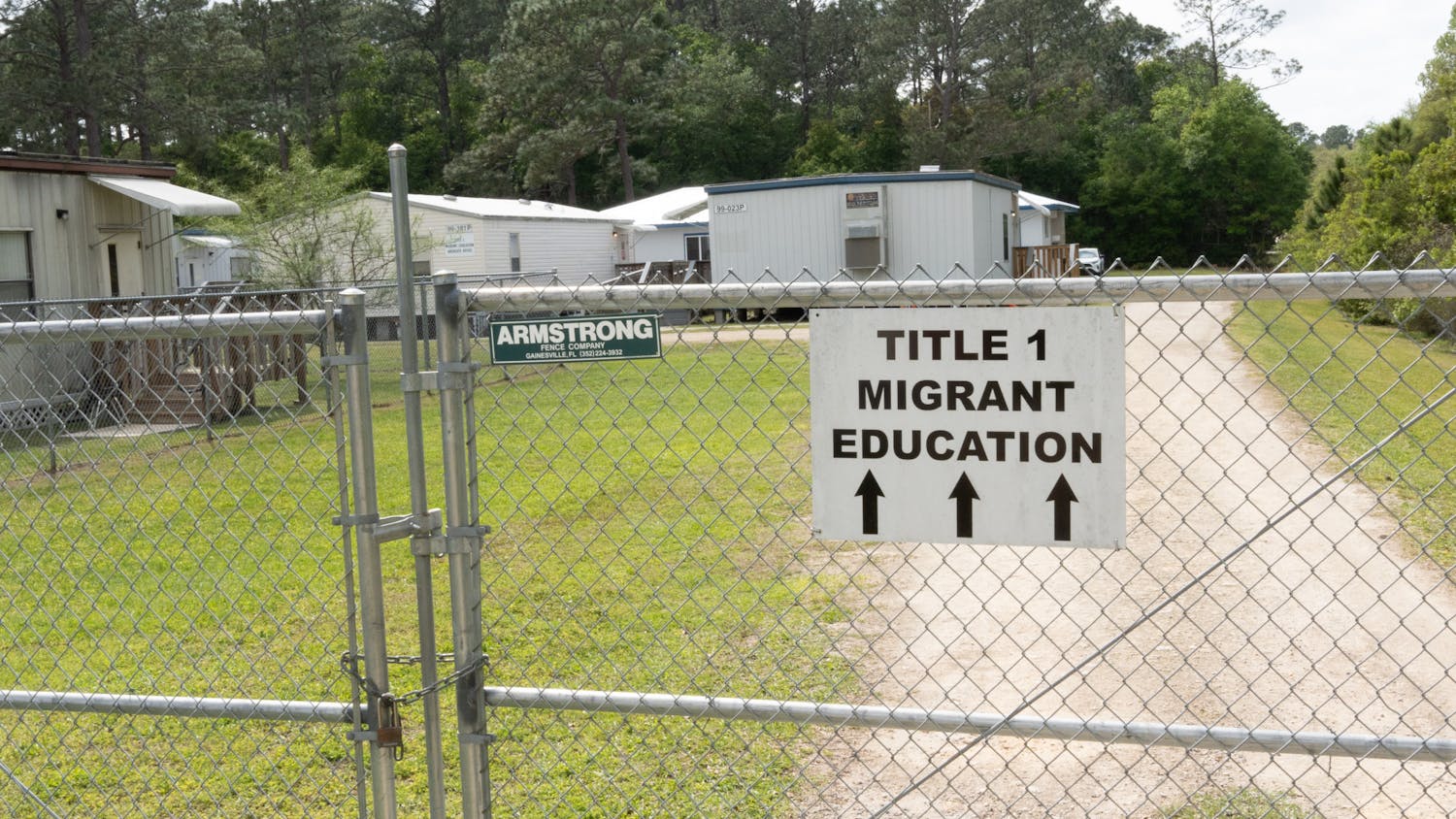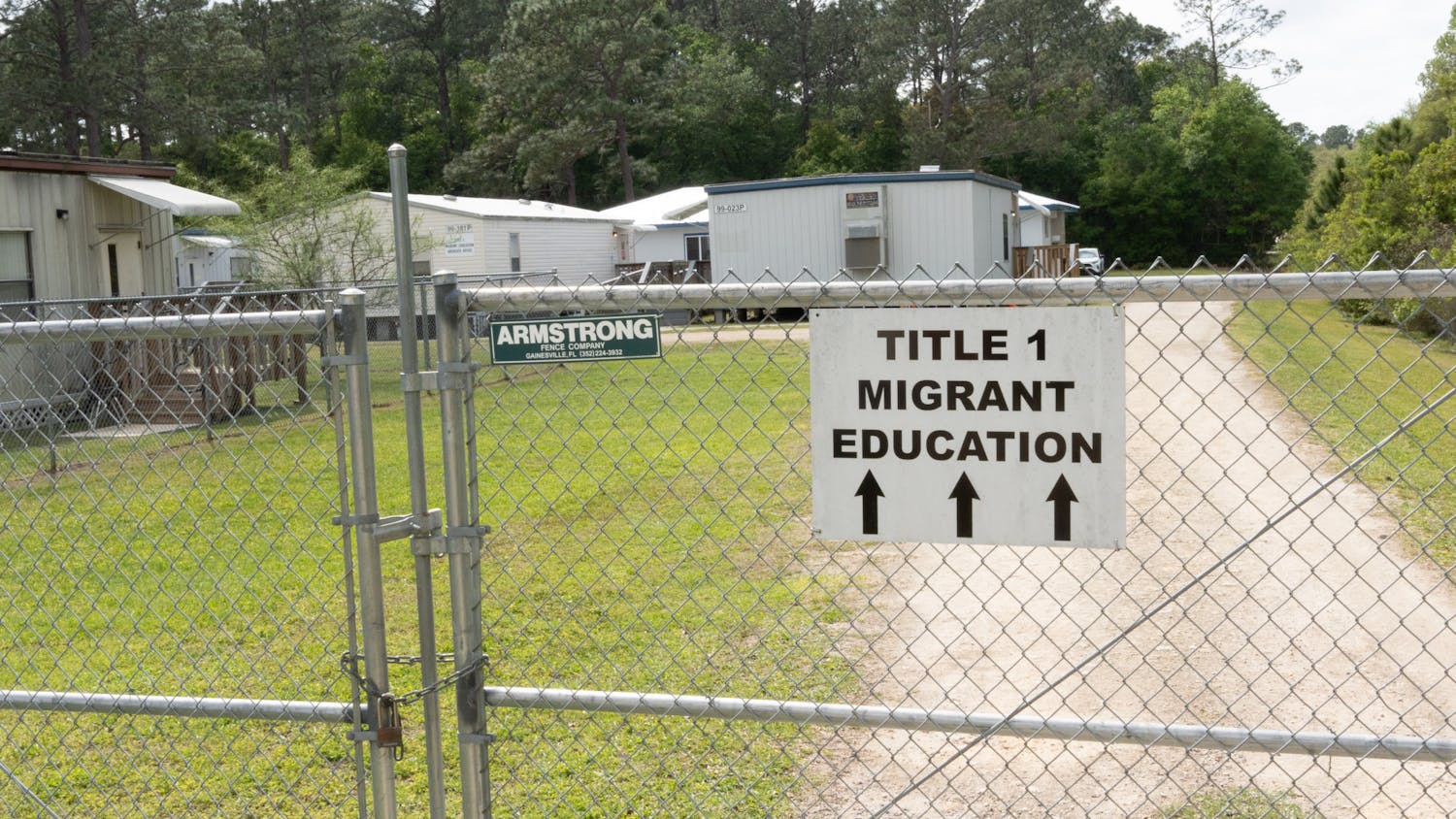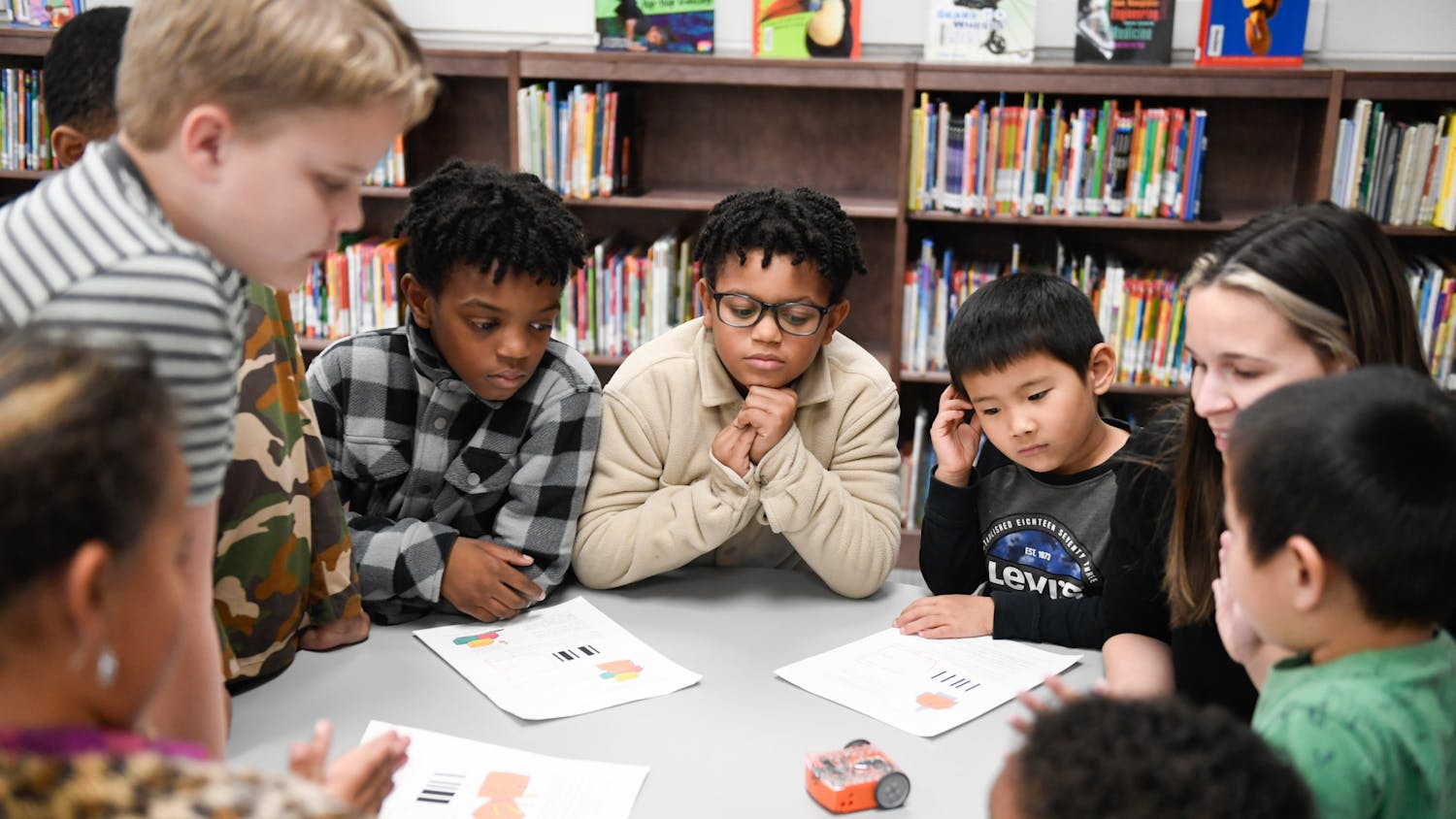I am many things, but wealthy isn’t one of them.
Of course, most Floridians — and Americans — aren’t wealthy either.
The only real wealth I have to my name is whatever is left over from my Bright Futures payment. While these checks give me enough to get by, there are people who give a lot more money to universities than the government would ever consider giving to me or any other student.
I’m referring to the donors that help finance UF and every other institute of higher learning in the U.S.
The donor-university relationship is a win for both sides. Universities need money to function, and generous donors get their names engraved on campus buildings. Generous donations can help keep tuition costs lower than they otherwise would be, leaving me more money to spend at Moe’s.
Unfortunately, there are downsides to the reliance of universities on these wealthy donors. Occasionally, donors want more than being immortalized on the new football stadium or math building. Sometimes, these donations come with strings attached. The larger the donation, the more influence the benefactor wields.
In 2007, the Charles Koch Foundation — the charitable organization of one of the notorious Koch brothers — offered to donate a total of $7 million to the economics department at Florida State University. In exchange for this massive donation, the foundation asked, in the words of FSU economics chair Bruce Benson, “to expose students to what they believe are vital concepts about the benefits of the market and the dangers of government failure. Therefore, they are trying to convince us to hire faculty who will provide that exposure and mentoring.”
The Koch Foundation was essentially attempting to buy the right to influence the curriculum and hiring policies of FSU’s economics department. Although the arrangement was never implemented, the Kochs have spread a total of $12.7 million around universities across the nation, with about $300,000 going to FSU.
The Kochs aren’t alone in their quest to influence public education. George Soros, the billionaire often described as the liberal version of the Koch brothers, has also donated large sums to American universities. This year, several schools reported receiving their largest donations of all time.
These donations by the Kochs, Soros and others point to a dangerous trend: The ability of wealthy donors to influence what America’s college students are taught and to design college curricula according to their own political ideologies.
It’s unreasonable to expect such large donations to come with no strings attached whatsoever. Every gift comes with implicit influence. The problem occurs when donors try to use this position to sway university and academic decisions.
Take the case of Steven Salaita, a researcher of Native American studies whose new position at the University of Illinois was declined after a series of critical Israel tweets came to public attention. While Salaita’s actions certainly made a lot of people angry, new evidence suggests that Salaita lost his position because UI’s large donors threatened to withhold funding if he wasn’t terminated.
Of the emails collected by Mondoweiss journalist Phan Nguyen, one message contained a summary of a meeting with one of the university’s top donors who told University Chanecllor Phyllis Wise she and two other donors were watching the Salaita situation closely. The donor advised that the way the university would choose to handle the issue would be “very telling.”
The Salaita case and the attempts of the Kochs and others to buy influence in American education are all deeply troubling. The correspondence between Wise and the donor reveals the lines between donor influence and academic freedom are becoming blurred, if they even still exist.
People who consciously use their wealth to influence academic policies compromise the integrity of our schools. The growing influence of these donors on American education benefits no one but the donors themselves.
Alec Carver is a UF journalism sophomore. His columns appear on Thursdays.
[A version of this story ran on page 6 on 9/18/2014 under the headline "College donors threaten academic freedom"]





